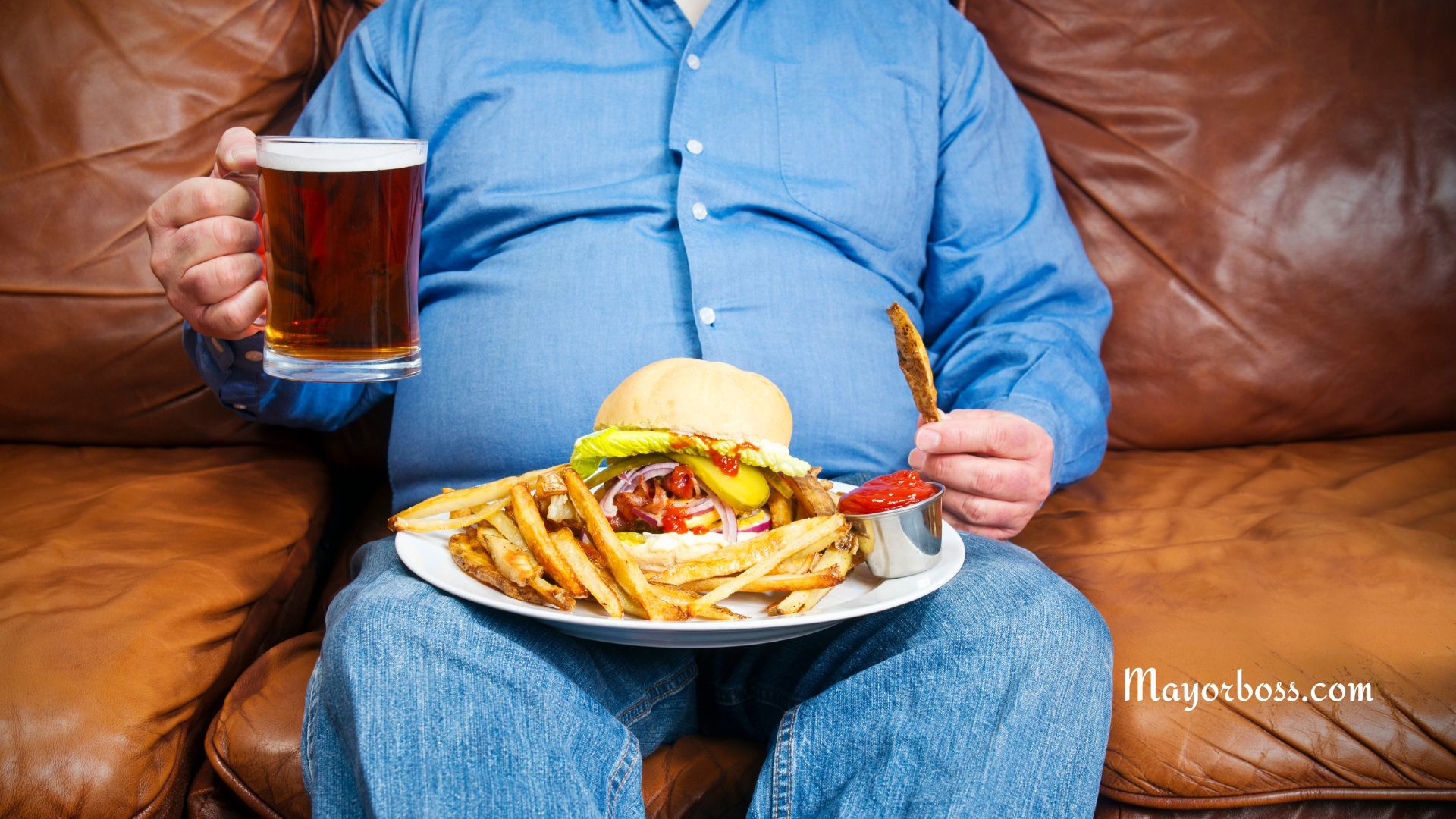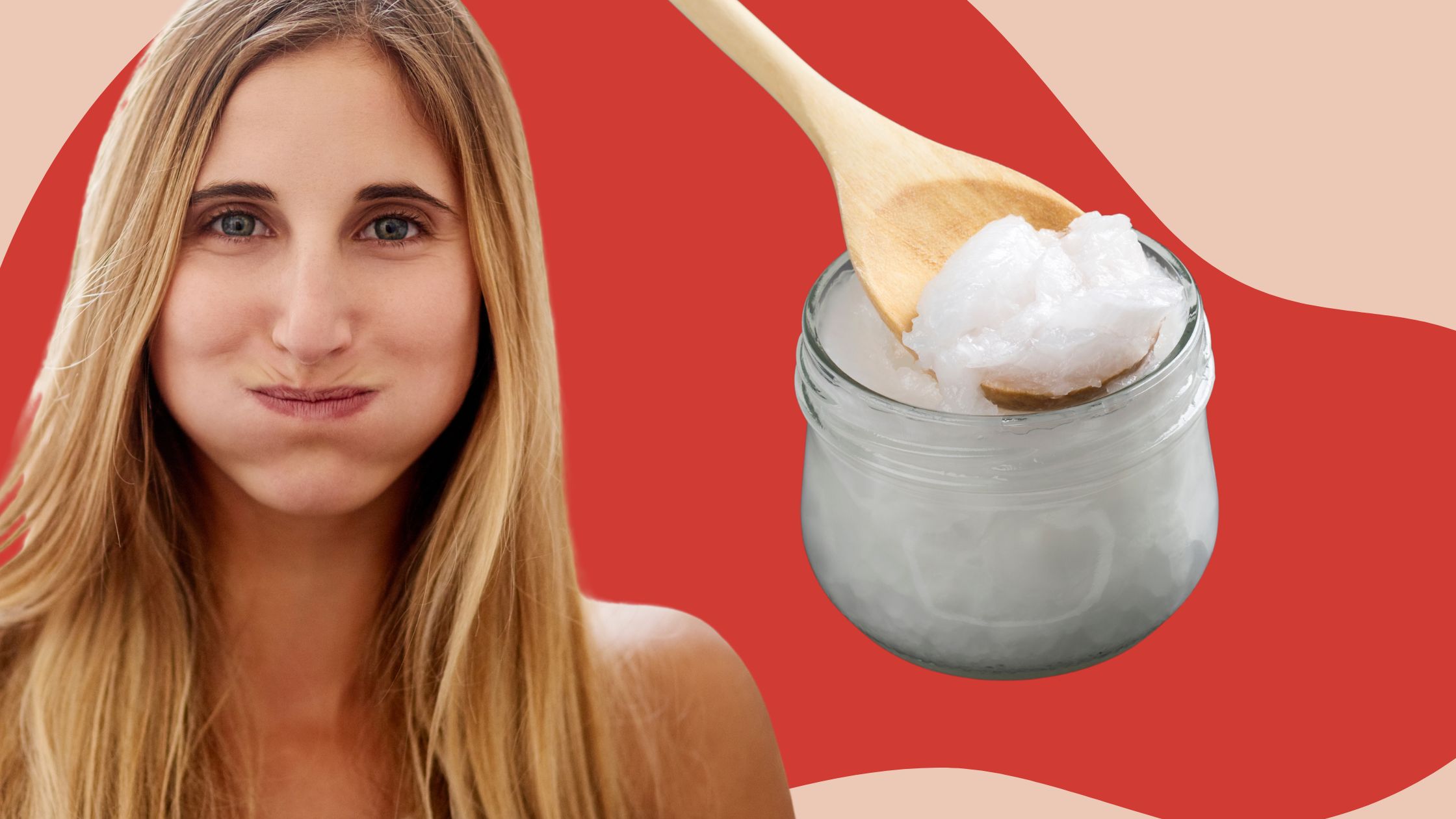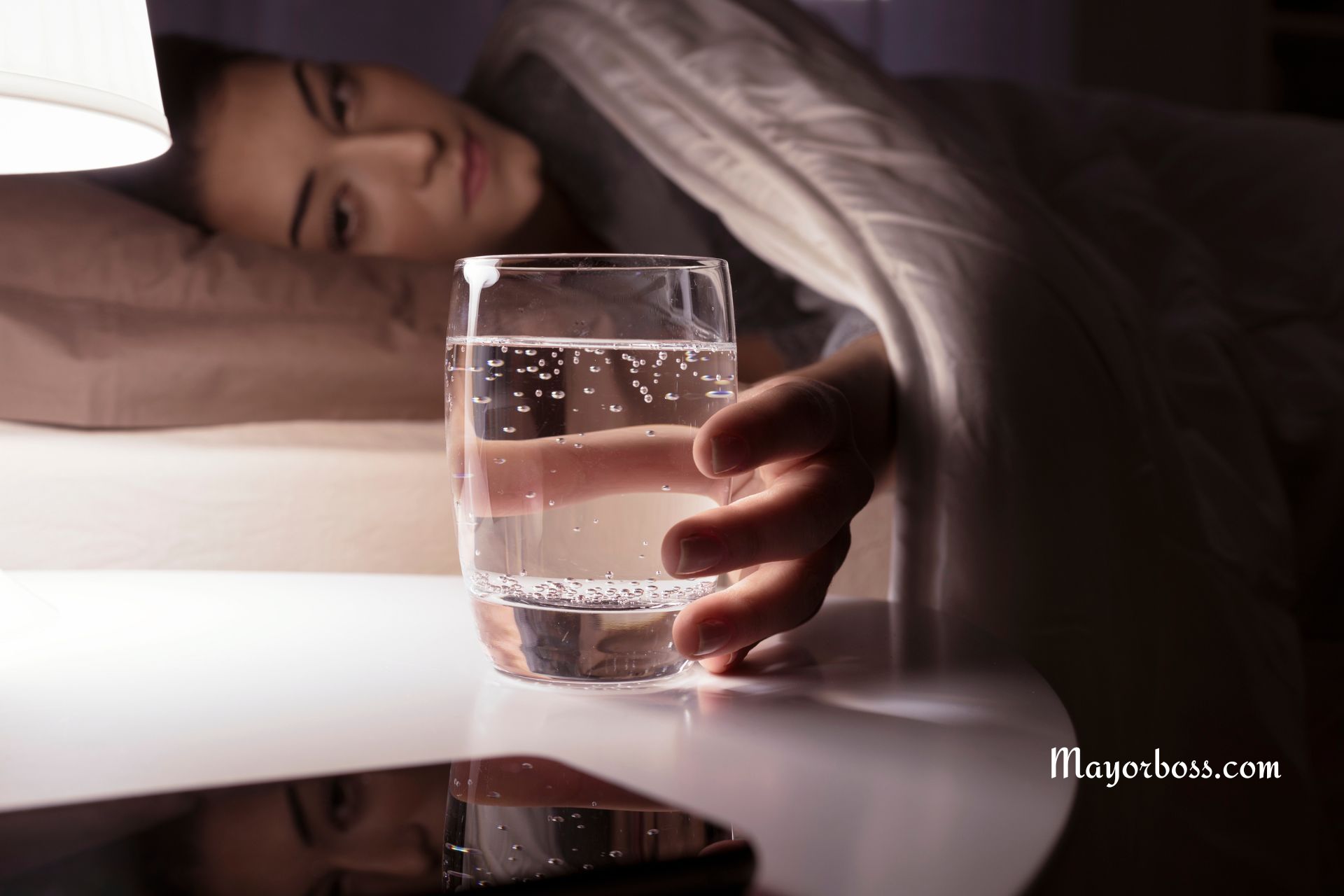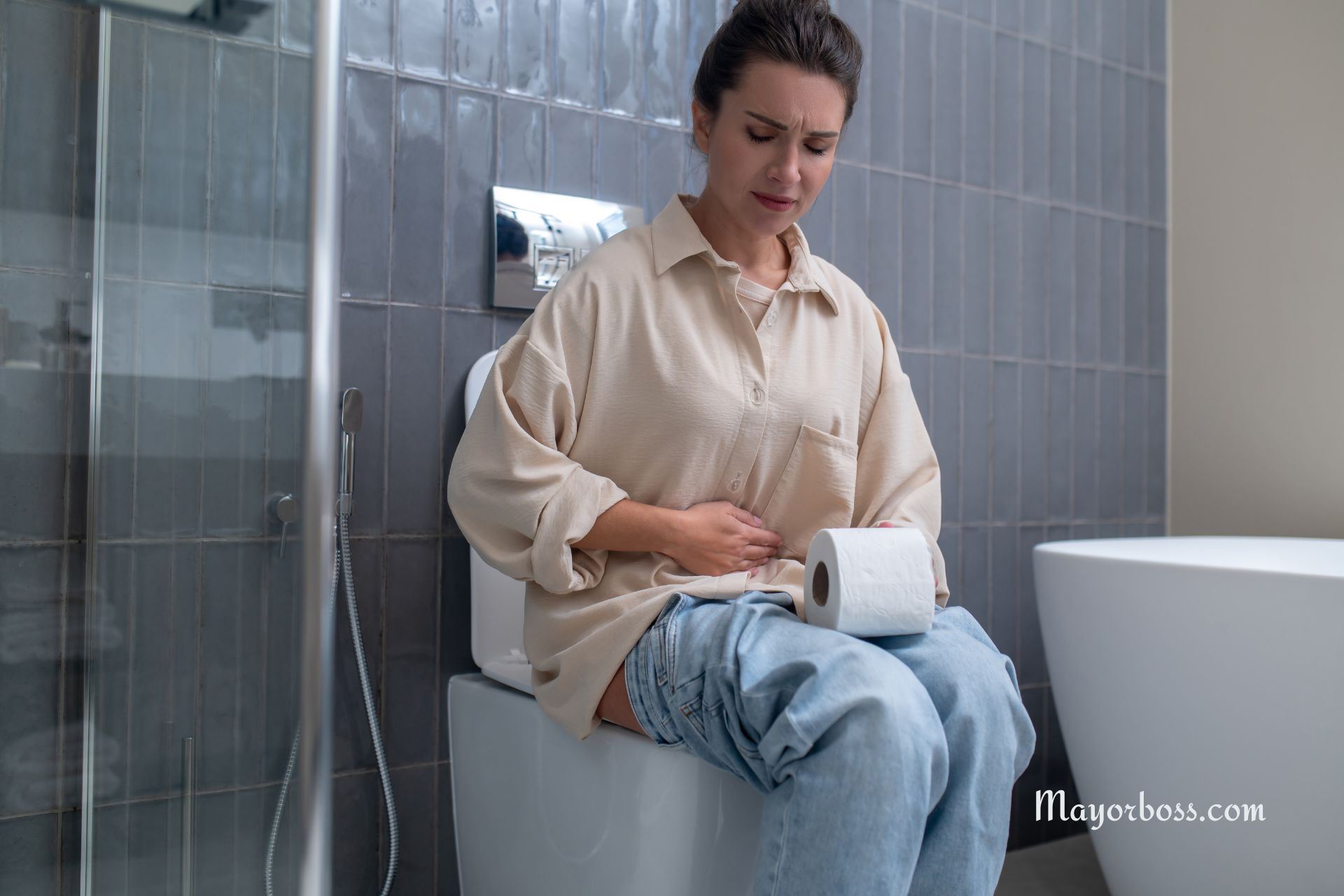8 Side Effects Of Not Drinking Enough Water
Not drinking enough water can affect your whole body—here are the signs your body is dehydrated.
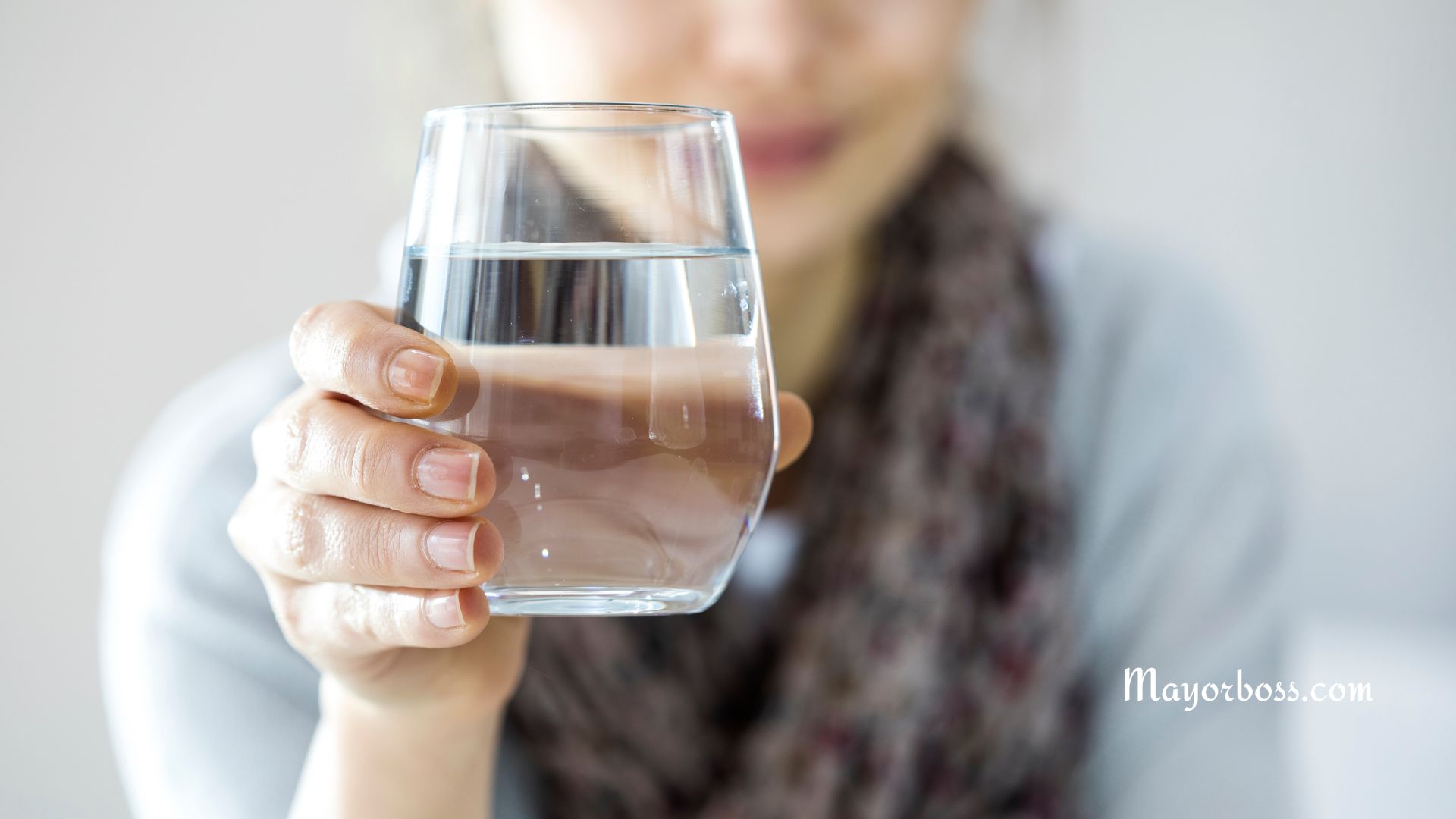
Staying hydrated is one of the most significant things you can do for your health. Your body depends on water to function properly. Every cell, tissue, and organ needs it. Yet many people go through their day without drinking enough. If you regularly ignore your thirst, your body will let you know. Here are eight side effects of not drinking enough water.
1. Fatigue and Low Energy
When your body lacks water, your blood volume drops. That makes it harder for your heart to pump oxygen and nutrients to your organs. As a result, you may feel sluggish, tired, or mentally foggy. Even mild to moderate dehydration can cause this energy dip. Many people mistake it for general tiredness, but drinking water may be the fix.
2. Dry Mouth and Bad Breath
Saliva helps keep your mouth moist and washes away bacteria. Without enough water, saliva production decreases. This leads to a dry mouth, which creates a perfect environment for odor-causing bacteria. The result? Bad breath that doesn’t go away with brushing.
3. Headaches
Your brain is about 75% water. When you’re dehydrated, your brain can actually shrink slightly, which puts pressure on the surrounding tissues. This can cause a dehydration headache. You may also feel lightheaded or dizzy, especially when standing up.
4. Constipation
Water helps move food through your digestive system. If you’re not drinking enough, your colon pulls water from waste material to keep your body functioning. This makes your stool hard, dry, and difficult to pass. Regular hydration supports smooth and regular bowel movements.
5. Dark Yellow Urine
Your urine can tell you a lot about your hydration. Dark yellow or amber-colored urine is a sign you need to drink more water. Clear or pale-yellow urine typically means you’re well hydrated. If your urine has a strong smell or you notice you’re urinating less frequently, dehydration could be the reason.
6. Dry Skin
Dehydration can affect the appearance and feel of your skin. Without enough water, your skin may become dry, tight, flaky, or itchy. You might also notice a dull complexion. While moisturizers can help on the surface, true skin hydration starts from within.
7. Muscle Cramps
Water helps regulate muscle contractions and maintain the right balance of electrolytes. When you’re dehydrated, that balance is disrupted. This can lead to painful muscle cramps, especially during exercise or in hot weather. Drinking water before, during, and after physical activity is key.
8. Increased Heart Rate
When your body loses water, your blood becomes thicker and harder to circulate. Your heart has to work harder, which raises your heart rate. This can make you feel like your heart is racing even when you’re not doing much. Over time, this can put strain on your heart and increase your risk for complications.
How Much Water Do You Need?
The amount of water you need varies based on your age, weight, activity level, and the climate where you live. A general guideline is about 8 cups (2 liters) per day, but some people need more. Thirst is a good signal, but don’t wait until you’re very thirsty. Try sipping water throughout the day instead of drinking large amounts at once.
Tips to Stay Hydrated
- Carry a reusable water bottle and refill it often
- Flavor your water with lemon, cucumber, or berries
- Eat water-rich foods like watermelon, cucumber, and oranges
- Set reminders to drink water every hour
- Drink a glass of water before meals
Bottom Line
Water is essential for life. Not drinking enough can lead to symptoms that affect your comfort, energy, and even your long-term health. The good news? Dehydration is easy to fix. Drink regularly, and make hydration part of your daily routine.
FAQs
1. How can I tell if I’m dehydrated?
Common signs include dark urine, dry mouth, fatigue, dizziness, and headaches.
2. Can dehydration cause confusion or mood changes?
Yes. Even mild dehydration can impact brain function, leading to irritability, difficulty concentrating, or memory problems.
3. Does coffee or tea count toward my water intake?
Yes, beverages like tea and coffee do count, but water is still the best choice.
4. Is it possible to drink too much water?
Yes, though rare, drinking excessive amounts of water in a short time can lead to a condition called hyponatremia (low sodium levels).
5. Are older adults more at risk for dehydration?
Yes. As we age, our sense of thirst decreases, making older adults more prone to dehydration even if their water needs stay the same.

